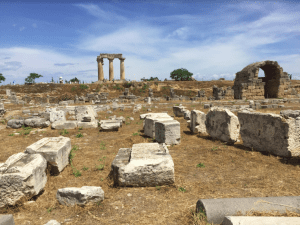The average Christian knows next to nothing about the history of Christian theology. The average pastor learned the stuff in seminary but does little with it in the busy life of parish ministry. I could be wrong in those two points, or slightly exaggerated, but there is nothing I’ve read or experienced that counters those two points.
 What can be done about this “black hole” of our history? How can we resurrect memory? What are you doing or what do you hear others are doing? Is this a genuine problem in your view?
What can be done about this “black hole” of our history? How can we resurrect memory? What are you doing or what do you hear others are doing? Is this a genuine problem in your view?
Preaching tends to involve two poles: the biblical text and the practical life of Christians. One source for bridging the two, for framing the former and for helping the latter is the great thinking of Christian theologians. The time for serious reading for most pastors is limited. And only the narrowest of opinions thinks pastors can spend enough time to master the theologians of the past — unless the pastor has the sort of schedule that asks him/her only to study and preach. For the others something else must be done and something has been done.
Enter a book that sketches the history of Christian thinking in clear, accessible, and big-idea bite-sized chunks. Chad Meister and J.B. Stump, both at Bethel (Indiana), have co-authored a wonderful book for the pastor: a chp a week and in a few months you are done and have gone through the great thinkers and major ideas of the Christian Church. The book is called: Christian Thought: A Historical Introduction.
What I think will happen is that the pastor will find herself or himself injecting small points, suggestions, and perspective in preaching and teaching and conversation — and through this local churches can begin to fill in the “black hole” and resurrect memory of what we have always believed.
The book is accessible because it has introductions, graphs and bullet point summaries at the end of each chapter; it provides accessible bibliography. The prose is clear. Highly recommended.











